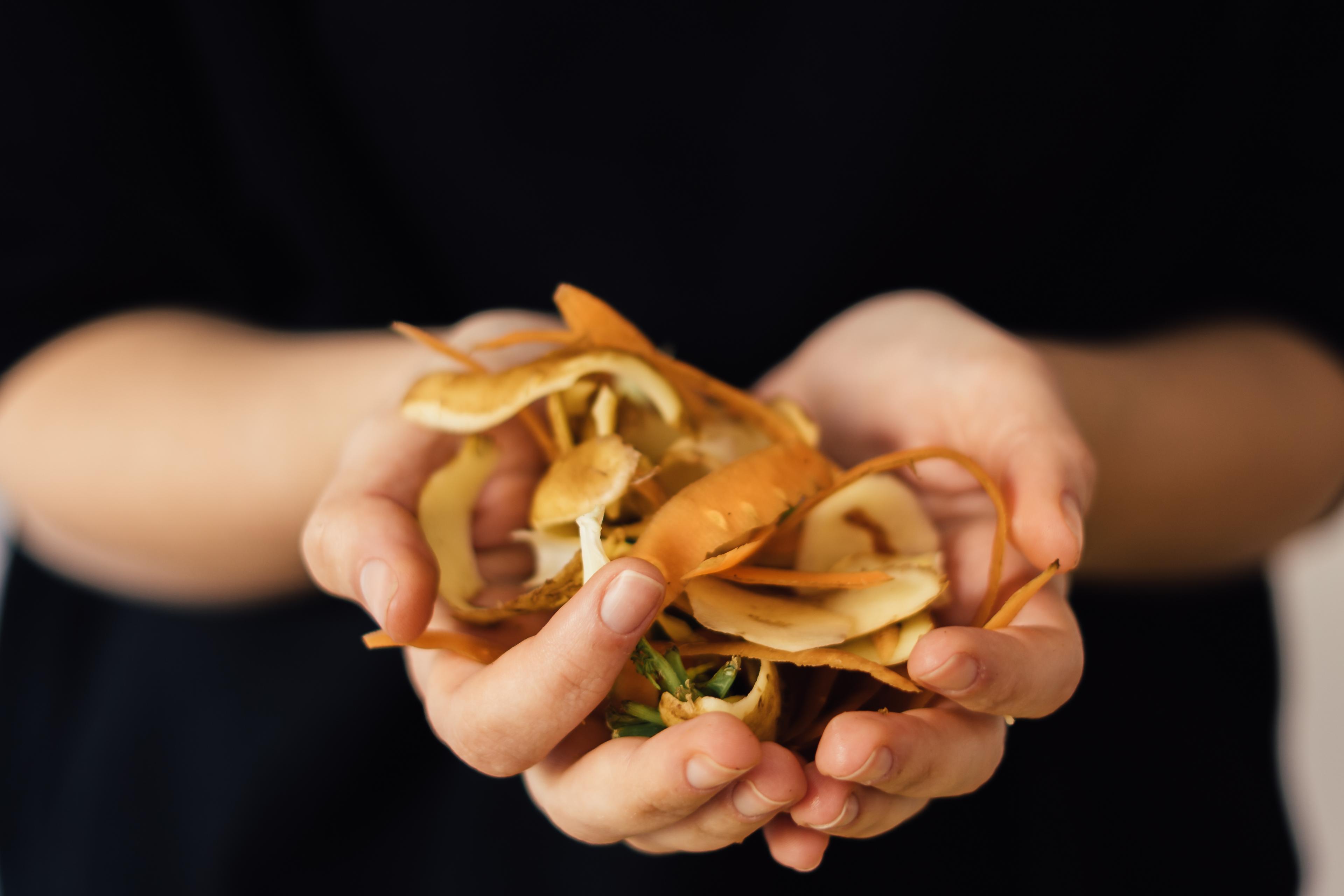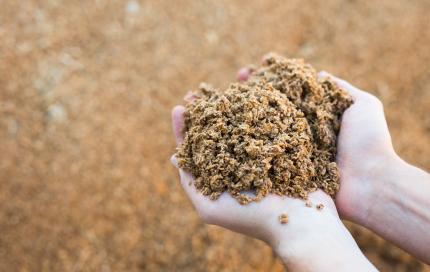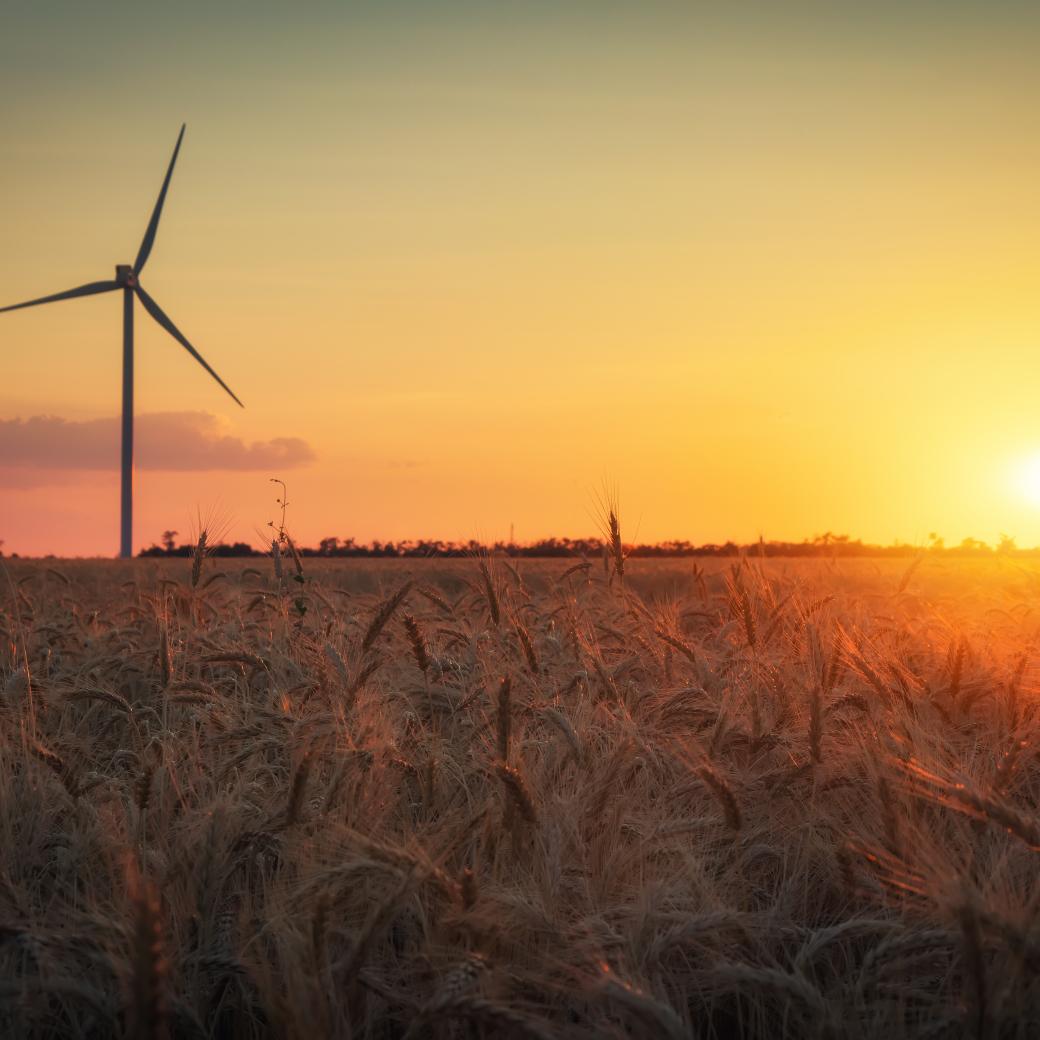EffSep
With support of:


Efficient separation of macro components in biomass by combining unit operations based on insights into the structural organization
Why this project?
Valorisation of by-products is extremely important in the framework of the circular bio-economy. Furthermore, new types of biomass can be used as raw materials for developing innovative food products. EffSep wants to gain knowledge about the stabilisation of biomass and extraction of macroparticles (proteins, polysaccharides and lipids) from various types of biomass (by-products from the agro-food industry as well as new materials such as algae) while maintaining the function of these macroparticles. Combinations of unit operations preceding the separation process and further processing will be used to pursue this objective.
Research approach and expected results
Effsep is a collective, fundamental research project (type SBO). The project wants to gain mechanistic insight into the impact of unit operations for stabilising and extracting functional macroparticles from biomass, for breaking down the cell wall of the biomass and for the cellular organisation of the biomass. Microscopic and analytical techniques will be used to visualise the cellular organisation and to measure interactions between macroconstituents. Extraction efficiency will be measured in each unit operation to develop the most optimum process possible with a particular functionality and stability of the macroparticles via a combination of unit operations. The use of unit operations that are scalable in an economically profitable and ecologically responsible manner and comply with legal regulations is strived for. Potato peels, carrot pulp and microalgae are the chosen model by-products in the first phase of the project. Other types of biomass will be tested later to examine the effects of biomass variability on the developed process.
Target group
EffSep will result in a methodology (a generic decision tree) that leads to innovations in the pre-processing of various types of biomass and where macroparticles from by-products and alternative raw materials can be separated efficiently and profitably while still maintaining their function.
This project is of interest for all companies that focus on the valorisation of biomass. These are, in the first instance, companies in the agro-food and chemical industries that transform biomass into ingredients and products that are rich in protein, polysaccharides and lipids. This project is also of interest to companies with by-products or technology suppliers.
Project partners
Flanders’ FOOD manages the project. The following research groups are responsible for the execution:
- Ghent University, Department of Food Technology, Safety and Health: Prof. Katleen Raes (coordinator), Prof. Koen Dewettinck, Prof. Benedikt Sas
- Ghent University, Department of Biotechnology: Prof. Els Van Damme, Prof. André Skirtach
- Ghent University, Department of Green Chemistry and Technology: Prof. Steven De Meester
- KU Leuven, Centre for Food and Microbial Technology: Prof. Jan Delcour, Prof. Ann Van Loey, Dr. Kristof Brijs, Dr. Kurt Gebruers
- KU Leuven, Microbial and Molecular Systems, Campus Kulak Kortrijk: Prof. Imogen Foubert
- Hasselt University, Department of Chemistry: Prof. Dries Vandamme
Agristo - EffSep: Potato side stream valorisation from research to factory
Trotec - EffSep: A circular pioneer to turn your food waste into high-value feed ingredients
Elien -EffSep: Optimized sustainable extraction of pectins from biomass side streams
Ben - EffSep: Optimized sustainable extraction of proteins from biomass side streams
Baptiste - EffSep: More cost-effective preservation of biomass side streams
Doelgroep
Dit project is interessant voor alle bedrijven die zich toeleggen op de valorisatie van biomassa. Dit zijn in eerste instantie bedrijven uit de agrovoedingsindustrie en de chemische industrie die biomassa verwerken tot ingrediënten en producten, rijk aan eiwitten, polysachariden of lipiden. Maar ook voor bedrijven met nevenstromen of technologieleveranciers kan dit project interessant zijn.
Het project zal resulteren in een methodologie (een generische beslissingsboom) voor de voorbehandeling van verschillende soorten biomassa, waardoor macrobestanddelen uit nevenstromen en alternatieve grondstoffen efficiënt en rendabel kunnen worden gescheiden met behoud van hun functionaliteit.
Projectpartners
Flanders’ FOOD beheert het project. De uitvoering is in handen van volgende onderzoeksgroepen:
- Universiteit Gent, Vakgroep Levensmiddelentechnologie, Voedselveiligheid en Gezondheid: Prof. Katleen Raes (coördinator), Prof. Koen Dewettinck, Prof. Benedikt Sas
- Universiteit Gent, Vakgroep Biotechnologie: Prof. Els Van Damme, Prof. André Skirtach
- Universiteit Gent, Vakgroep Groene Chemie en Technologie: Prof. Steven De Meester
- KU Leuven, Centrum voor Levensmiddelen- en Microbiële Technologie: Prof. Jan Delcour, Prof. Ann Van Loey, Dr. Kristof Brijs, Dr. Kurt Gebruers
- KU Leuven, Microbiële en Moleculaire Systemen, Campus Kulak Kortrijk: Prof. Imogen Foubert
- Universiteit Hasselt, Vakgroep Chemie: Prof. Dries Vandamme
Contact

Sustainable animal feed from sweetcorn cobs: meet Trotec








